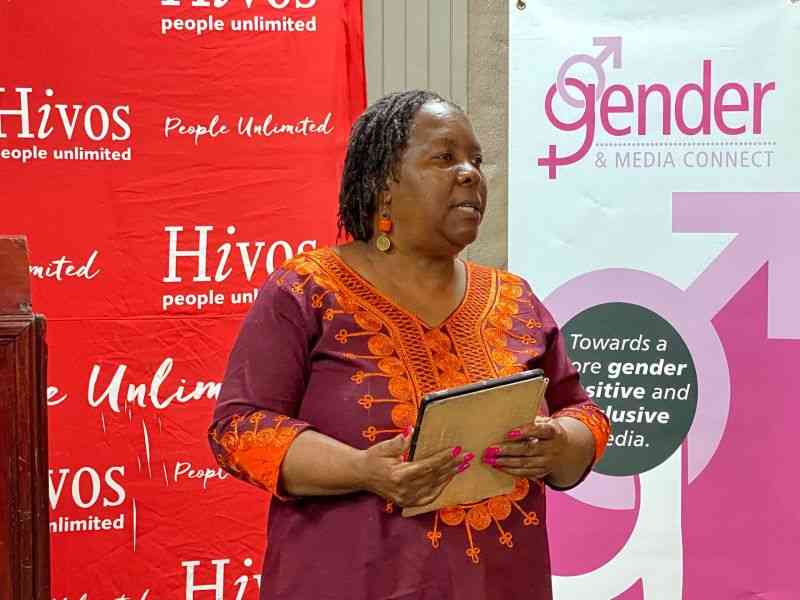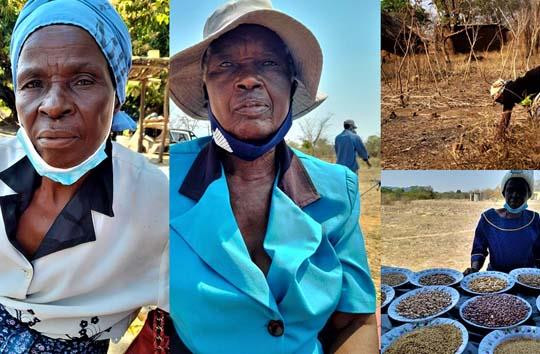
The Zimbabwe Gender Commission (ZGC) has raised alarm over the widening digital divide in Matabeleland, warning that the lack of affordable internet, poor infrastructure, and limited digital literacy are entrenching gender inequality in the region.
ZGC chief executive officer Virginia Muwanigwa told Southern Eye that that while Bulawayo’s urban women were marginally better connected, the gap between them and their rural counterparts remains vast — and this disparity is locking thousands of women and girls out of education, economic opportunities, and public participation.
“Affordability remains a major barrier to digital access,” Muwanigwa said.
“In urban Bulawayo, many women may own smartphones, but their use is restricted by the high cost of airtime and data, and by reliance on male household members for financial support
“In rural areas, the situation is worse — many women prioritise food and basic needs over data or devices.”
She said digital illiteracy compounds these challenges, with many women lacking confidence beyond social media use.
A survey by Umthonjeni revealed that only 64.4% of women felt confident using digital devices, compared to 77.1% of men, leaving women more vulnerable online and less able to utilise digital platforms for learning or reporting gender-based violence.
Rural Matabeleland, Muwanigwa added, faces infrastructural barriers such as poor network coverage and lack of electricity, preventing women from sustaining access to online education or e-commerce.
- SRC welcomes Fifa decision on Zhoya
- Letters: Women representation faces hurdles
- Letters to the editor: Misgovernance bleeding our nation
- MPs exchange notes on fighting child marriages
Keep Reading
“Even when women manage to acquire devices, poor connectivity and lack of power make them useless.
“Service delivery gaps also undermine trust in digital platforms — survivors report delays and poor follow-ups on online reports, which discourages digital reporting of gender-based violence,” she added.
Beyond connectivity, privacy and safety concerns persist.
Many women share phones or depend on others for digital help, making it difficult to report abuse confidentially.
“In tight-knit rural communities, survivors fear that neighbours or relatives might access their private information,” Muwanigwa noted.
She urged government and private sector partners to invest in digital inclusion programmes for women and girls in marginalised regions, warning that the country’s digital transition could deepen gender inequality if the issue is not urgently addressed.
“Digital exclusion is not just a technology issue — it is a gender justice issue.
“Without access and literacy, women and girls will remain sidelined from education, entrepreneurship, and leadership in the digital age,” Muwanigwa said.









